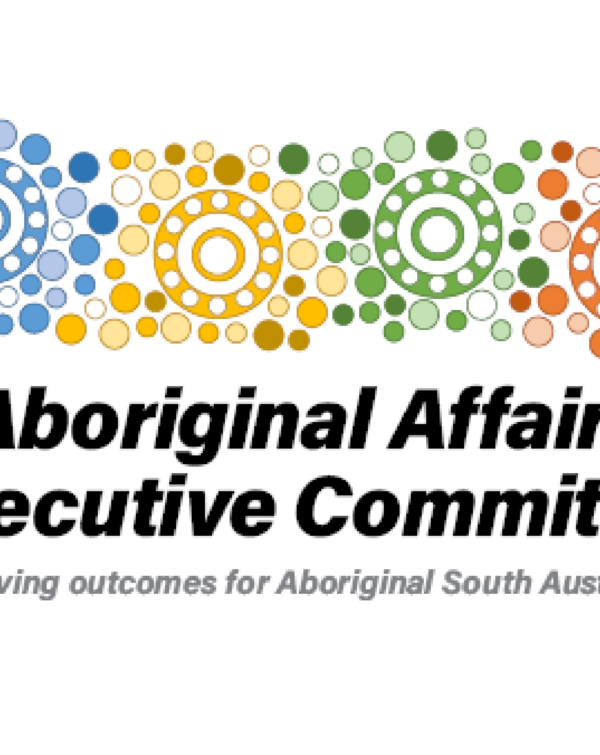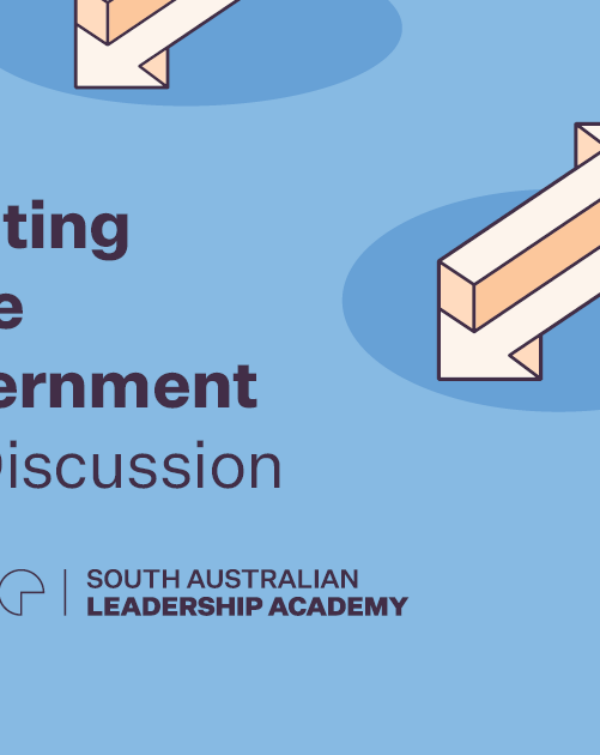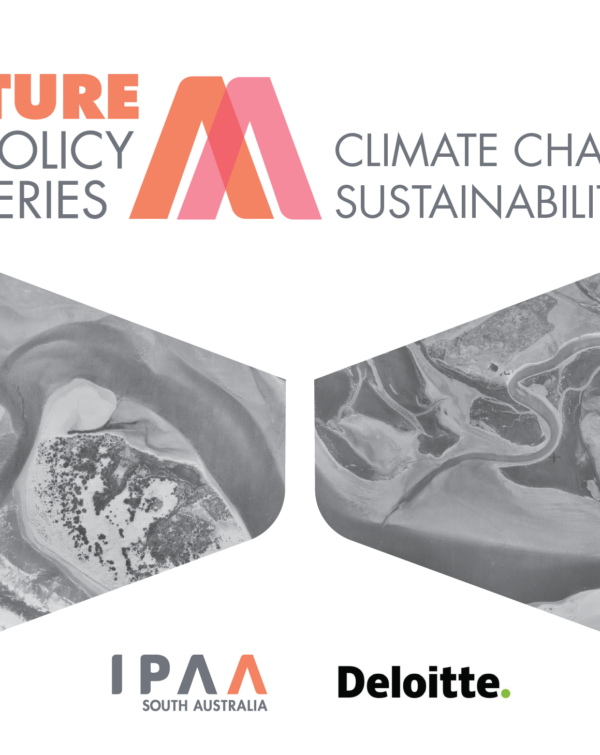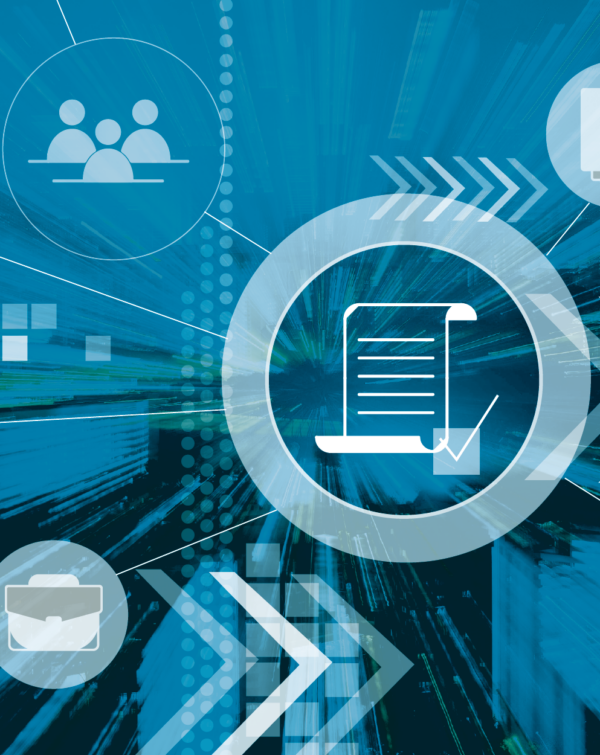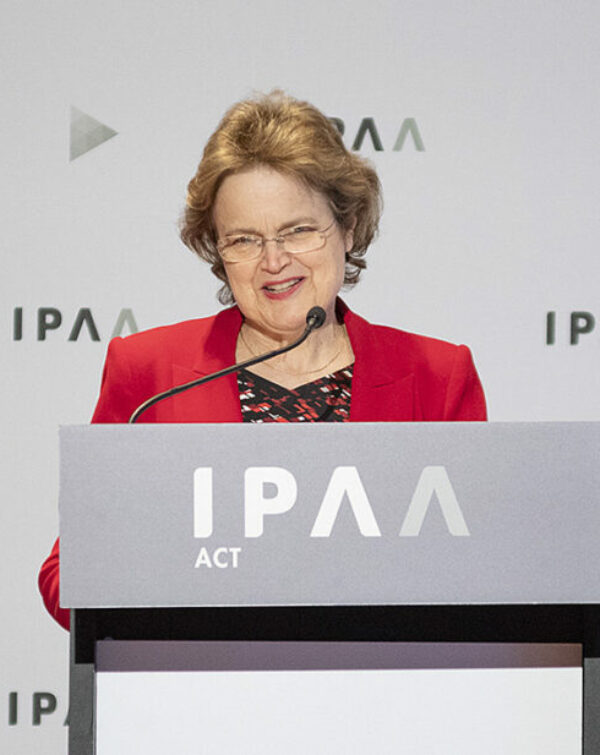
While the majority of public servants behave respectfully and civilly to their colleagues, employee surveys from across the country repeatedly show that bullying and harassment – behaviours that can weaken institutions, undermine productivity and innovation and poison workplace culture – is still a significant issue. So what does workplace bullying and harassment look like? And what can be done to ensure we have safe and respectful workplaces in the public sector? In this special episode of Work with Purpose – A National Perspective, IPAA ACT are joined by Adam Fennessy PSM, Victorian Public Sector Commissioner, Renée Leon PSM, Vice-Chancellor and President at Charles Sturt University Bathurst, and Dr Gordon de Brouwer PSM, President of IPAA National. This important discussion is led by guest host Clare Walsh, Deputy Secretary of Business Enabling Services at the Department of Finance and IPAA ACT Councillor.
Some of the topics explored in this discussion include:
This premise of this discussion was based on a paper written by Dr Gordon de Brouwer – Bullying and Harassment in the Public Sector in Australia: Practical Ways to Lift Respect in Public Service Workplaces – published in The Conversation in November 2021.
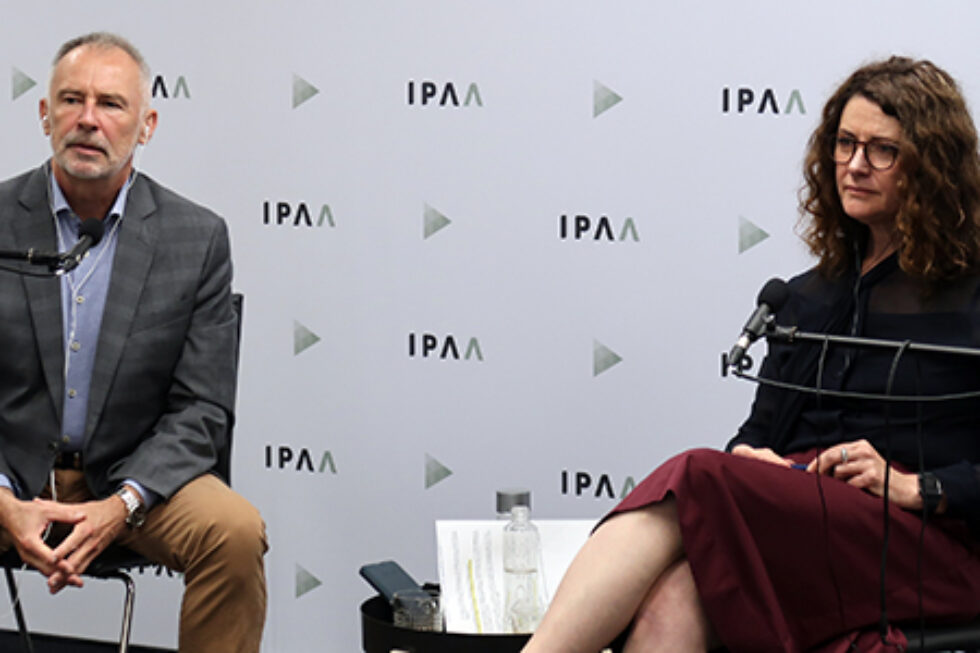
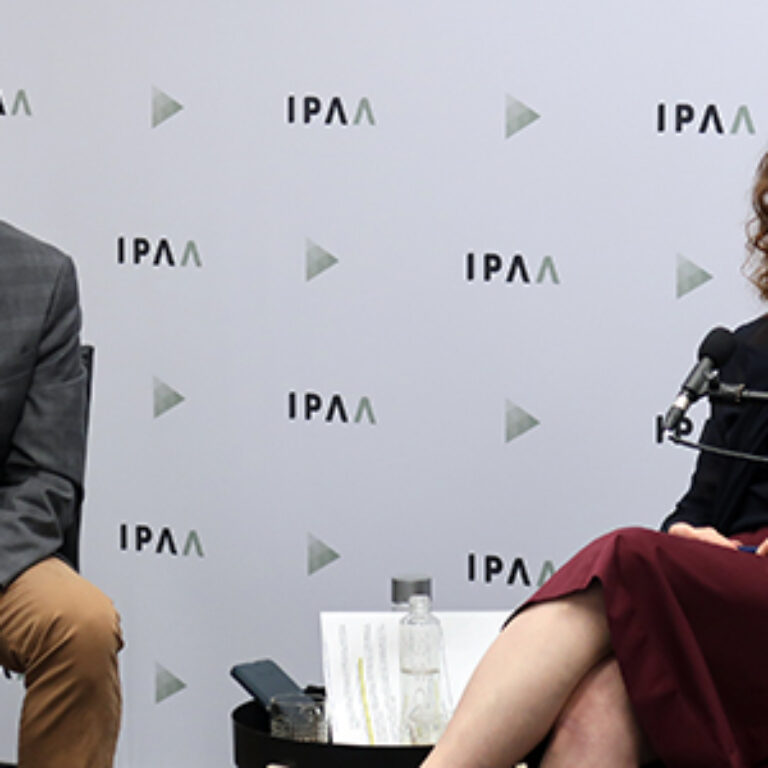
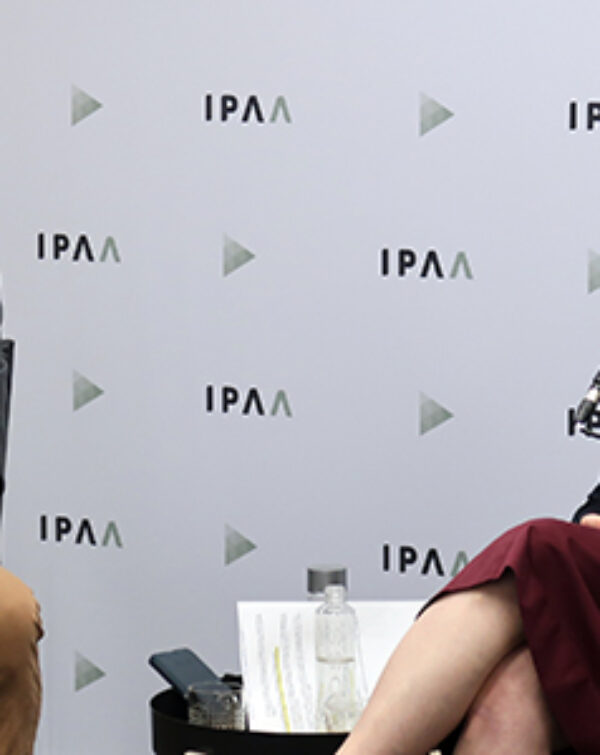
This International Women’s Day, we reached out to our member community to learn about the ‘female leaders who inspire us’.
International Women’s Day asks us to ‘Imagine a gender equal world. A world free of bias, stereotypes and discrimination. A world that’s diverse, equitable, and inclusive. A world where difference is valued and celebrated.’
That is the world we believe in at IPAA SA. We want to recognise some of the female leaders who inspire us in the everyday and the extraordinary to take action for equality. #breakthebias
…………………………………………………………………………………………..
I am inspired by… Rebecca Graham, CEO Fleurieu Barossa Hills Local Health Network who consistently leads the organisation with care, compassion and intelligence to ensure that the best possible services are provided by staff who are pleased and willing to be working in the stressful environment of healthcare, especially over the past COVID years.
Catherine Turnbull MIPAA
I am inspired by… the courage, bravery and ambition of Pakistani political activist Malala Yousafzai. In the face of immense danger her ongoing dedication to women’s rights, the right to be educated and the needs of disadvantaged children worldwide shows true passion and commitment to a worthy cause.
Dion Lobotesis MIPAA
I am inspired by… Senator Penny Wong, Leader of the Opposition in the Senate and Shadow Minister for Foreign Affairs. Penny is a great example of an inspiring leader who shows integrity and respect and sets a positive example for other leaders to follow. I am also inspired by my current manager, the Executive Director Nursing and Midwifery here in FUNLHN. My Manager inspires me with her diligence, passion and tireless efforts to ensure we are continuously striving for excellence in the health services that we provide across our LHN.
Anonymous, IPAA SA Personal Member
I am inspired by… Prof Nicola Spurrier, calm in the face of crisis and firing of rapid challenges and questions. Always community and person focused and provides amazing reassuring advice based on evidence and best available practice while remaining approachable and believable.
Catherine Turnbull MIPAA
The leaders who inspire me… are ones who have a collaborative leadership style that engages the staff to embrace the varying experiences, knowledge, diversity and skills that each of us bring.
Natasha Lazic MIPAA
I am inspired by… Jacinda Arden, Prime Minister of New Zealand, for her empathetic yet passionate leadership during times of natural disaster and throughout the pandemic. She has fostered a great sense of trust within her community and has displayed a modern approach to leadership through her kindness and solidarity.
Anonymous IPAA SA Member
I am inspired by…. Erma Ranieri, Commissioner for Public Sector Employment, Office of the Commissioner for Public Sector Employment. She truly cares about people, equality and making a difference in the public sector. She has created real change through her honest, compassionate and authentic leadership style, and the results are there to prove it – women now hold 57% of public sector executive roles.
Anonymous IPAA SA Member
I am inspired by… my mum, Lynda Boehm, Department of Human Services. She tirelessly works to help others and has such passion for what she does in disability services. I am endlessly amazed at her compassion, the strength she has to face adversity and her authenticity.
Renae Haese MIPAA
I am inspired by…Kat Dunn, who is CEO of Grameen Australia (the local replication of Nobel Peace Prize winning microfinance inventor Grameen Bank). Her leadership in this organisation shows how different approaches to our long-embedded systems can be transformed to benefit society and the planet.
Kathryn Oosthuizen MIPAA
I am inspired by… Adelaide’s doyenne of news broadcasting – Jane Doyle. Her career has been characterised by bravely stepping out of her comfort zone on many occasions. She has tried her hand at a variety of different media and proved herself to be charismatic, versatile, and tenacious. As a mature lady myself, I find her quite relatable and I love her style too!
Eufemia Alvaro MIPAA
………………………………………………………………………………………………………….
Thank you to all the members of IPAA SA who shared with us who has inspired them, and an even bigger thank you to those acting in support of creating a world where difference is valued and celebrated.
Explore more resources available for International Women’s Day 2022 here and join in the movement on social media by using the hashtag #breakthebias.
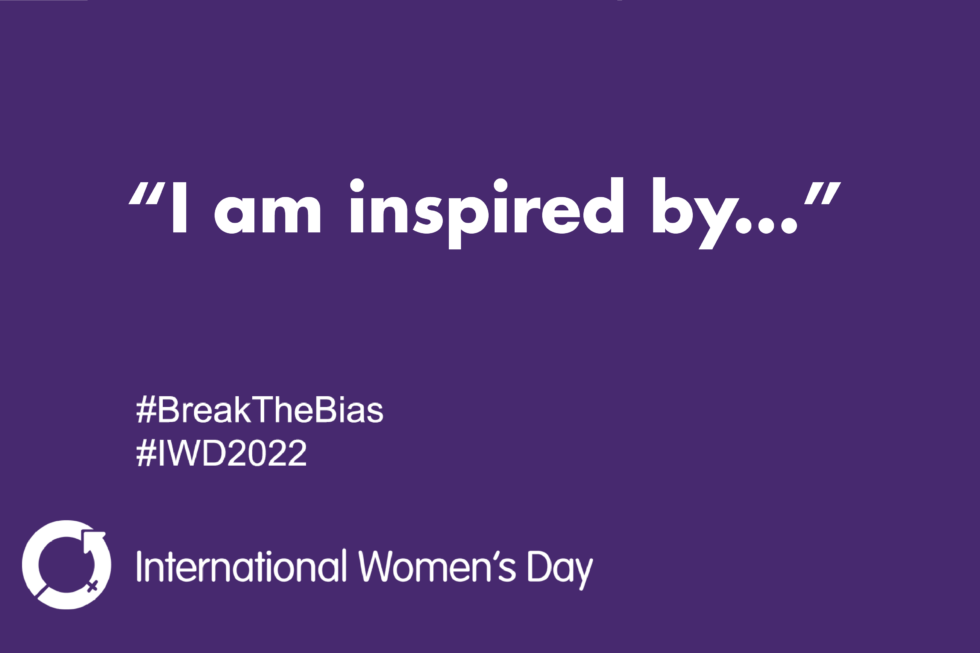
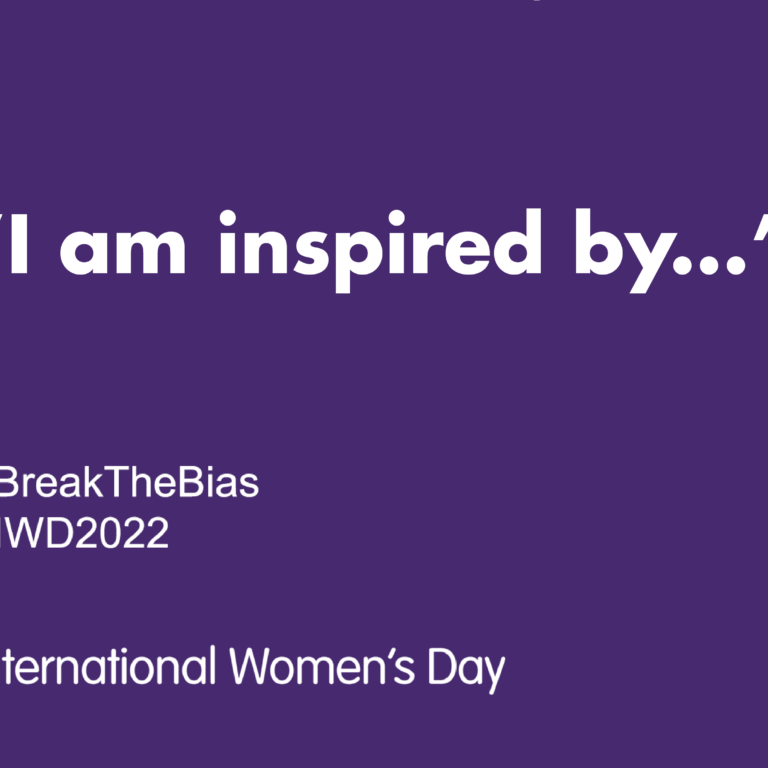
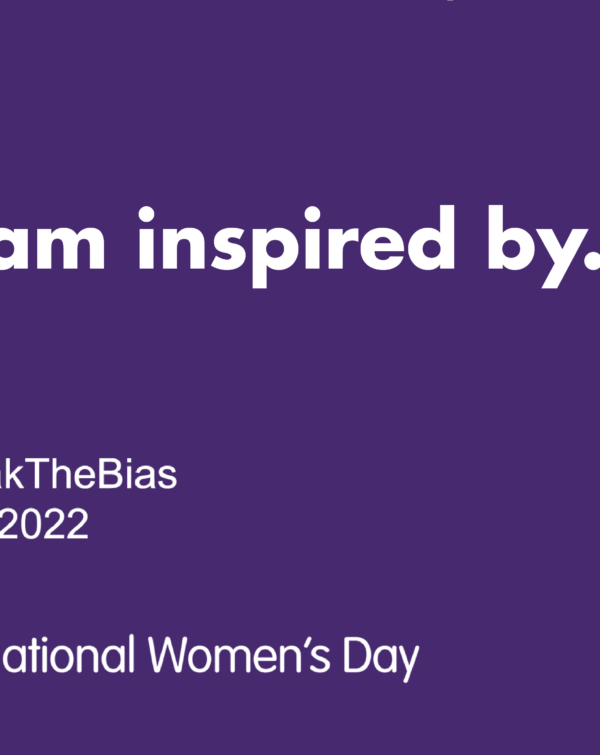
To help you stay informed during the ever-evolving COVID-19 pandemic, IPAA SA and the Office of the Commissioner for Public Sector Employment are pleased to offer the COVID-19 Mental Wellbeing – Interview Series. During this interview we speak to South Australia’s Mental Health Commissioner John Mannion, who was interviewed by Commissioner for Public Sector Employment, Erma Ranieri on supporting your staff during this next phase in the COVID journey.
If you require access to closed captioning you can view a captioned version here.
We value your feedback to continue to improve our events. If you have had a chance to view this interview, please provide your feedback here .
Connect with us now on Facebook, LinkedIn and Twitter to be the first to know about future events and resources.
